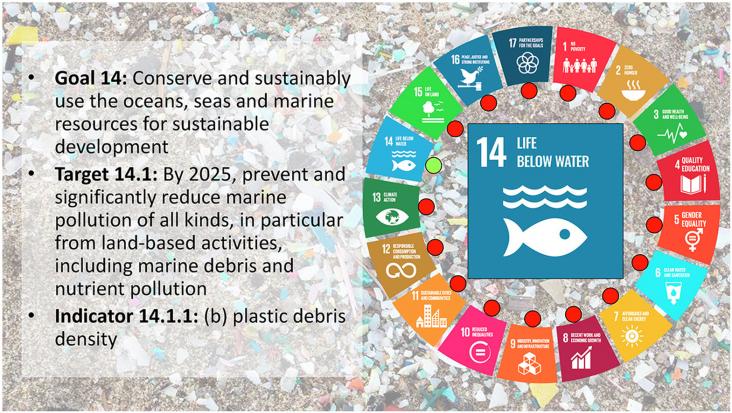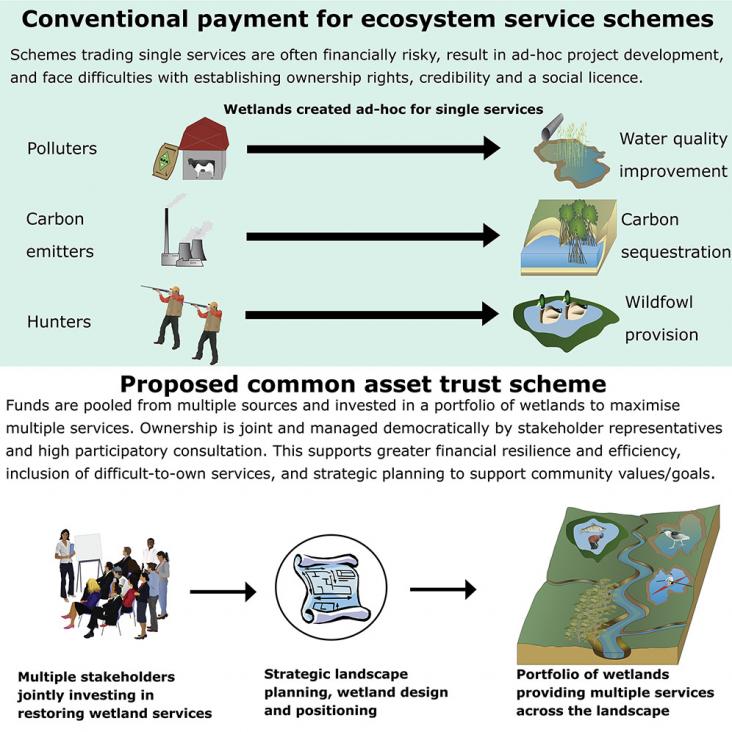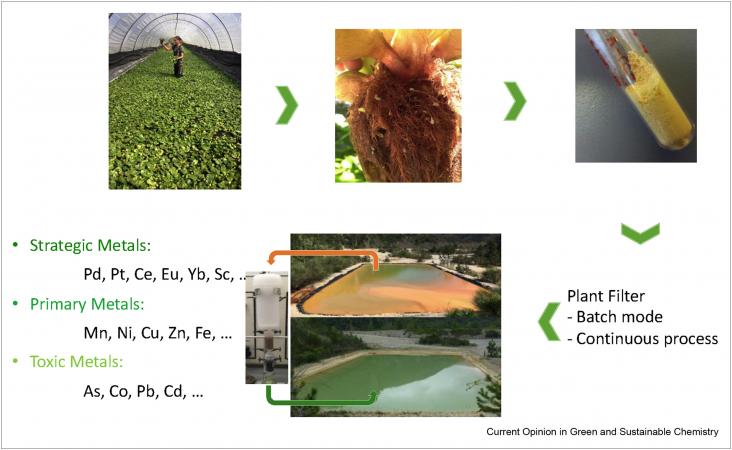Coral reefs worldwide are facing impacts from climate change, overfishing, habitat destruction, and pollution.

Since the launch of the United Nations (UN) Sustainable Development Goals (SDGs) in 2015, the SDGs have been widely adopted by governments and corporations in an effort to improve their sustainabil
This time series study on water quality in chalk rivers demonstrates superstatistical behaviours of environmental and anthropogenic parameters.
This study supports SDGs 13,14 and 15 by unveiling the palaeoenvironment in response to global climate changes.
Global warming is adversely affecting the earth's climate system due to rapid emissions of greenhouse gases (GHGs).

Wetlands provide ∼$47.4 trillion/year worth of ecosystem services globally and support immense biodiversity, yet face widespread drainage and pollution, and large-scale wetlands restoration is urgentl
The findings support the possibility that FBOM-δ13C can be used as a paleoceanographic proxy for surface water [CO2(aq)] and thus atmospheric pCO2.

This review is dedicated to ecocatalysis, a concept developed by the Grison group aiming at combining ecology and green chemistry, which could be the vector of sustainable development based on the pri
The widespread consumption of electronic devices has made spent batteries an ongoing economic and ecological concern with a compound annual growth rate of up to 8% during 2018, and expected to reach b
Quantification and extent mapping of seawater intrusive zones are extremely critical for coastal aquifers, especially for those impacted with anthropogenic stress.
